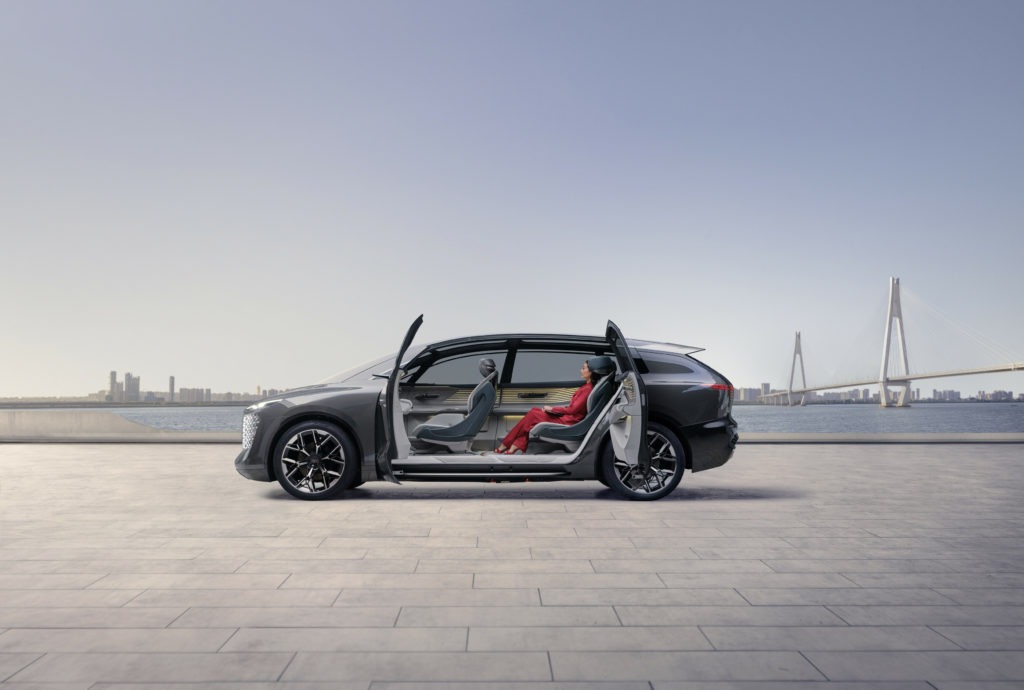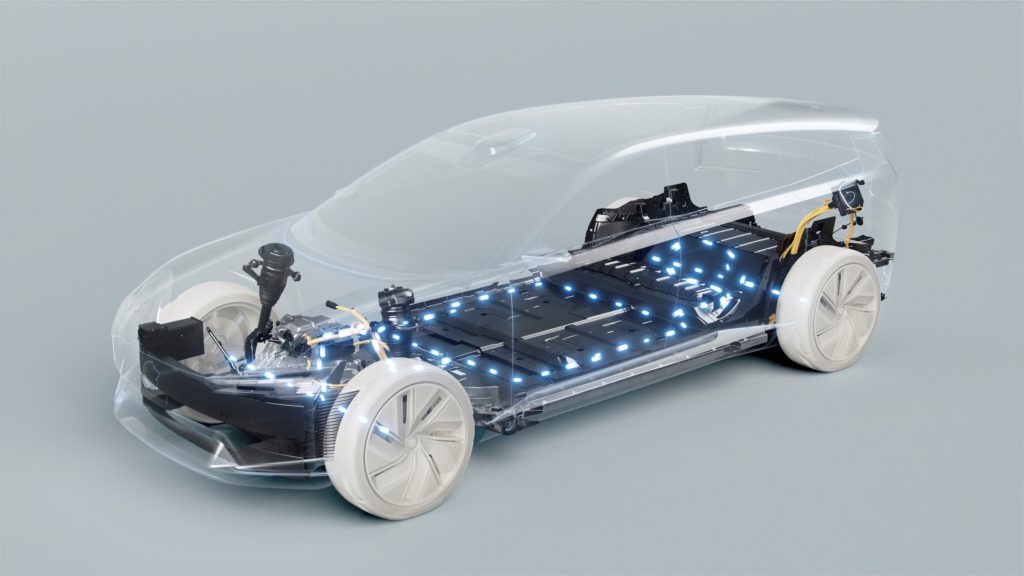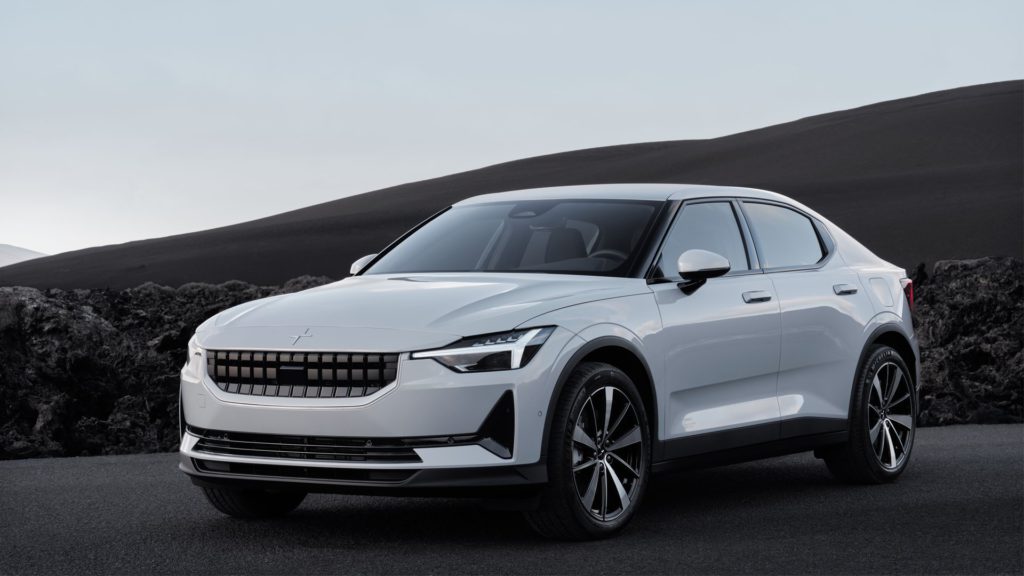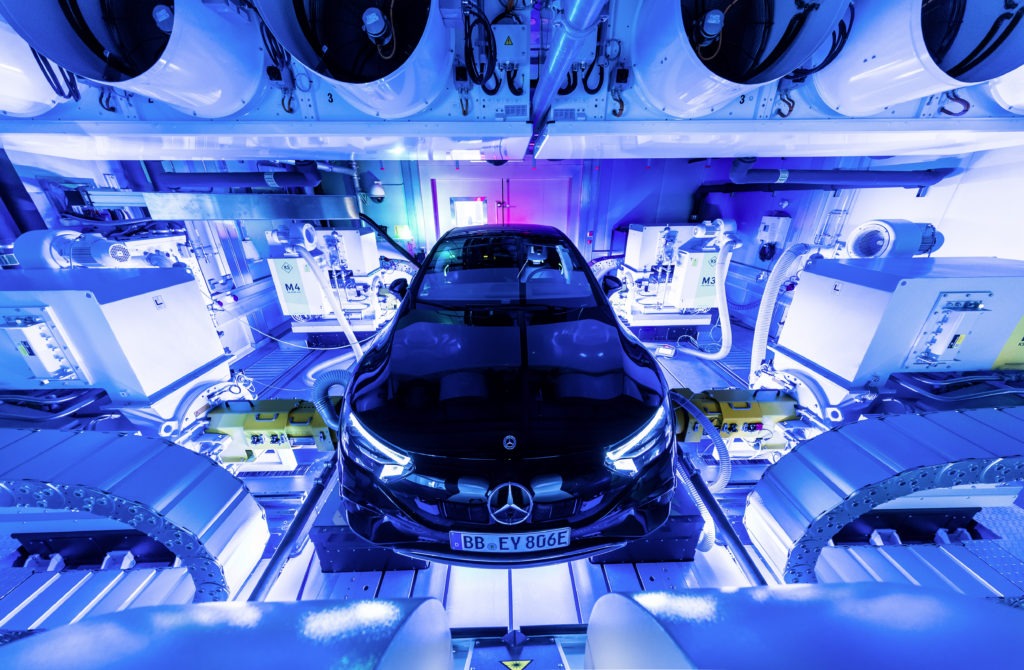VW’s plan to electrify island transport gathers momentum
25 April 2022
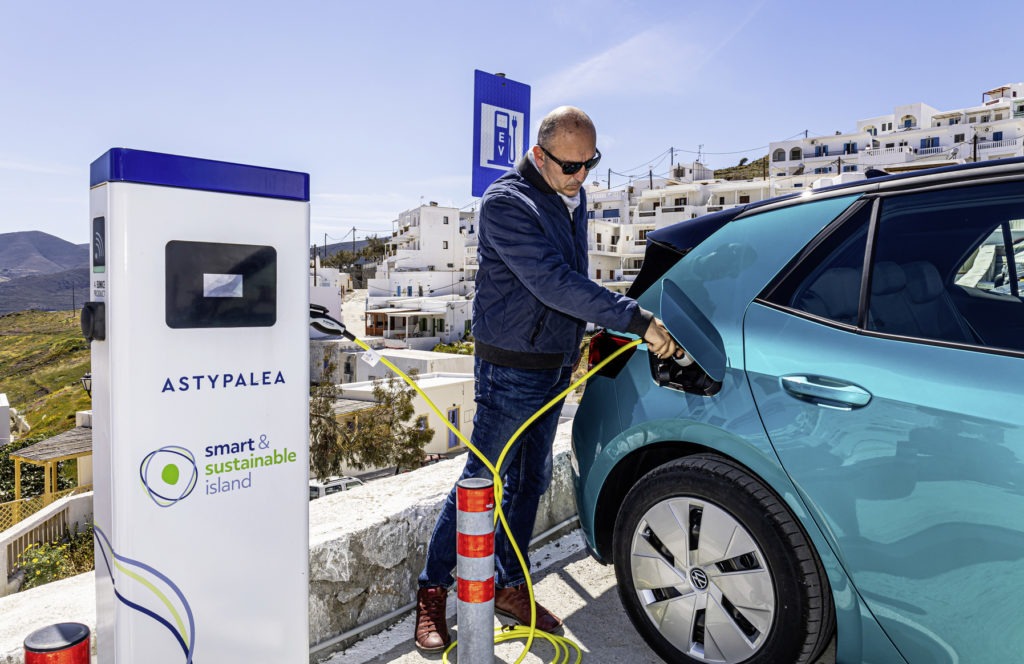
Volkswagen (VW) has made further progress in its plans to electrify transport on the Greek island of Astypalea. As part of the company’s smart and sustainable island project, a joint initiative between the carmaker and the Hellenic Republic has been established.
The project’s primary aim, which kicked off with the first electric vehicles (EVs) being introduced to the island in 2021, is to convert Astypalea into a place where the mobility will be internal combustion engine free and sustainable, while the island’s energy system will be completely renewed using solar power and other renewable means.
Back in June 2021, the first EVs, including a fully-electric police car, were introduced into service on Astypalea, following the signing of a memorandum of understanding between VW and the Greek government in November 2020.
In addition to this, EVs have since been used by the island’s local authorities, and recently the first electric vehicles have been delivered to private customers on the Greek island. These have included an ID.3 Pure, as well as the delivery of an ID.4 and e-up!, and a Seat MÓ eScooter 125.
Laboratory for the future of e-mobility in Europe
VW’s plans for the transport infrastructure on Astypalea extend beyond the introduction of EVs. The carmaker’s Greek importer Kosmocar, alongside the island’s municipality, launched a recycling initiative aimed at reducing the presence of scrap materials in the region, where discarded motorcycles, cars and trucks are first collected by volunteers, then brought by ship to Athens where the components are professionally recycled.
Last year, Herbert Diess, CEO of VW described the project as ‘a future lab for decarbonisation in Europe,’ which dovetails with wider plans to construct a new solar park by 2023, covering 100% of the energy needed to charge the island’s EVs and provide more than 50% of the island’s overall energy demand.
By 2026, it is hoped that the new energy system will be further expanded to satisfy more than 80% of the total energy demand, with knock-on effects including a reduction in energy bills and a reduction in the island’s carbon emissions.
‘Astypalea is a laboratory for the mobility of the future,’ commented Maik Stephan, head of business development of VW and project manager. ‘The island is experiencing the same change as any other region in Europe, only in a much shorter time. With the first private customers driving electric now, word will quickly get around how fascinating e-mobility is.’
The summer of 2022 is projected to see the next milestone of the smart and sustainable island project. VW plan to launch a fully electric ride sharing service, installing over 200 EV-charging stations, and will work in conjunction with local service providers, companies, and businesses to reduce the number of vehicles on the island, and in turn reduce the carbon footprint.
As Europe’s largest carmaker, VW has been ramping up its sustainability efforts in the region, which remains the brand’s largest market for battery-powered vehicles. In 2020, it first announced plans to turn Astypalea into a model island for climate-neutral mobility.
